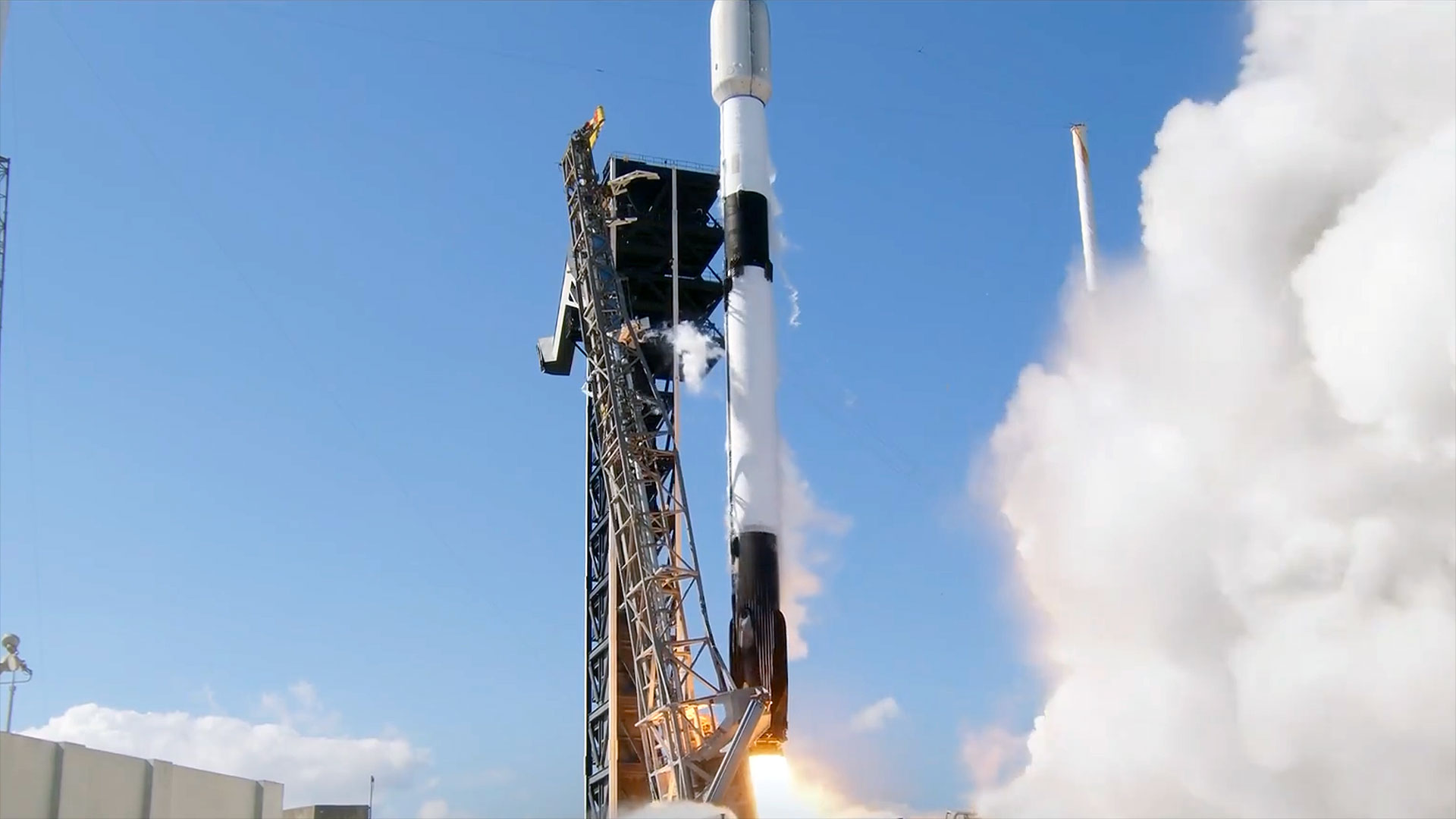The real deal on Trump and Gaza
Trump's outlandish proposals may serve a subtle and counterintuitive purpose.

In his recent White House press conference with Israeli Prime Minister Benjamin Netanyahu, President Trump laid out what appeared to be an audacious plan for Gaza: American control of the territory and the relocation of its Palestinian population.
While many focused on the boldness of this shocking proposal itself, they may be missing the more subtle diplomatic choreography at play.
"I play to people's fantasies," Trump wrote in "The Art of the Deal." "People may not always think big themselves, but they can get very excited by those who do. That is why a little hyperbole never hurts."
This philosophy, central to Trump's negotiating style, offers a crucial lens for understanding his latest attempt at peace in the Middle East.
The conventional interpretation sees Trump attempting to pressure Arab states like Egypt and Jordan into accepting Palestinian refugees. However, this fundamentally misreads both the regional dynamics and Trump's sophisticated negotiating approach.
Like a masterful real estate dealer, Trump is telling his apparent client — in this case, Israel — precisely what they want to hear while quietly advancing a different deal altogether. While Israeli leaders might believe Trump is cutting a deal with them while pressuring Arab states on their behalf, the reality appears to be the other way around.
Trump, perhaps one of the few world leaders who can match Netanyahu's political acumen, has shrewdly recognized and exploited the messianic tendencies of Israel's right wing, getting them to eat out the palm of his hand.
Trump's statements gathered euphoric responses from figures like Itamar Ben Gvir, who posted on X: “Donald, this looks like the beginning of a beautiful friendship,” or Israel Ganz, Chair of the Yesha council, who declared: “The Palestinian dream is over.”
But when he declared at the press conference that Saudi Arabia hadn't demanded Palestinian statehood, he knew exactly what he was doing, setting the stage for an entirely predictable Saudi response, which came swiftly — a clear assertion that "achieving lasting and just peace is impossible without the Palestinian people obtaining their legitimate rights."
The Saudi position has been remarkably consistent. Just days after Hamas’s attack on Oct. 7, 2021, Mohammed Alyahya wrote that during Saudi Arabia-Israel normalization discussions, "the whispers coming from the Israeli side suggested that Saudi Arabia was uninterested in the Palestinian issue — that it was a secondary problem for the kingdom, which prioritized its national security interests.” He said Saudi officials attempted to clarify their position “on the centrality of the Palestinian issue to the deal” but “that perception of Saudi indifference has unfortunately prevailed”
Alyahya, then a senior fellow at Harvard's Belfer Center and former editor-in-chief of Al Arabiya English, has since been elevated to advisor to the Saudi Minister of Foreign Affairs, underlining the authority of his perspective.
Trump understands this reality. More importantly, he understands that the primary obstacle to regional agreements isn't Arab intransigence but Israeli domestic politics. By publicly embracing maximalist positions that resonate with Israel's right wing, Trump is methodically creating the political space Netanyahu will eventually need to accept more moderate compromises. It's a sophisticated diplomatic dance in which public theatrics enable private concessions.
We've seen this playbook before. During his first term, Trump preceded major diplomatic initiatives with grand gestures that pleased Israeli conservatives but had little meaning on the ground — moving the U.S. embassy to Jerusalem and recognizing Israeli sovereignty over the Golan Heights — before pursuing deals that required significant Israeli concessions.
The Abraham Accords, while historic, ultimately pushed Israel to abandon its West Bank annexation plans, a position its right wing had long championed.
Perhaps most notably, the agreements included Israeli acquiescence to a conceptual map drafted by then-senior advisor Jared Kushner outlining a potential Palestinian state — a dramatic departure from the Israeli right's long-standing opposition to Palestinian statehood. Netanyahu's government, despite its ideological resistance, found itself endorsing a framework that included precisely what it had vowed would never happen.
This pattern repeated with the recent cease-fire negotiations. Trump initially energized the Israeli right by warning that "all hell will break loose" if Gaza hostages weren't released before his inauguration. Yet once elected, he leveraged this political capital to broker a deal that included precisely what Israeli hardliners such as Ben-Gvir and Bezalel Smotrich had sought to avoid: the release of Palestinian prisoners with blood on their hands, a de facto end to the war and the unprecedented step of allowing foreign armed forces, American private contractors, to enforce Israeli security interests in Gaza.
The current moment echoes that pattern. Trump's seemingly outlandish proposal for American control of Gaza shouldn't be taken at face value. Instead, it's likely the opening act in a more complex diplomatic production. The real deal being shaped probably involves more modest population transfers, reconstruction zones, and crucially, Israeli concessions on settlements and Palestinian autonomy.
With Saudi Arabia reportedly prepared to invest $600 billion in Trump's "America First" agenda, the economic incentives for a regional grand bargain are substantial. While American pro-Israel donors like Miriam Adelson have demonstrated their substantial support with nine-figure contributions to Trump's campaign, the scale of potential Saudi investment in American infrastructure and industry represents a transformative economic opportunity.
However, unlocking this unprecedented level of investment will require Israeli compromise on Palestinian issues — precisely what Trump's theatrical maximalism may be designed to facilitate.
Those who dismiss Trump's negotiating style as erratic miss its underlying method. As he wrote, "I like thinking big. I always have." But the big thinking often serves as cover for more practical deal-making. In Gaza, Trump's grandest proposals may ultimately enable the more modest steps needed for regional stability.
The question isn't whether Trump's specific proposal for American control of Gaza is realistic — it almost certainly isn't. The question is whether this latest example of Trumpian hyperbole can help create the political conditions for the actual compromises needed to move forward. History suggests we shouldn't underestimate his ability to package difficult concessions in the wrapping of apparent triumph.
As the region grapples with Gaza's future, Trump's theatrical diplomacy may prove more calculated than it appears. Those seeking to understand his true intentions would do well to remember another maxim from "The Art of the Deal": "Sometimes, part of making a deal is denigrating your competition."
In this case, Trump's outlandish proposals may serve a subtle and counterintuitive purpose: by taking maximalist positions to the extreme, he could be deliberately undermining the credibility of his real competition to the “deal of the century” — his allies' own hardline stances.
Barak Sella is a research fellow at the Harvard Kennedy School's Belfer Center for Science and International Affairs Middle East Initiative, the former executive director of the Reut Institute, and an expert on Israel-U.S. relations, World Jewry and the Middle East.












































































